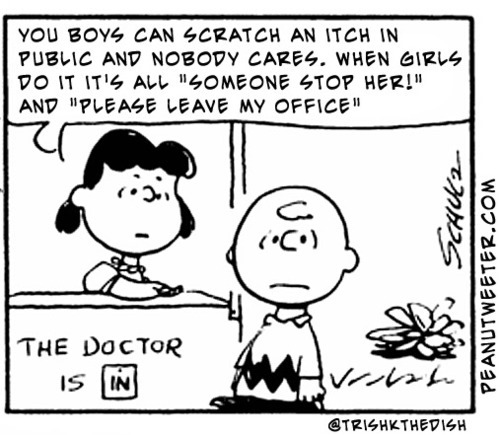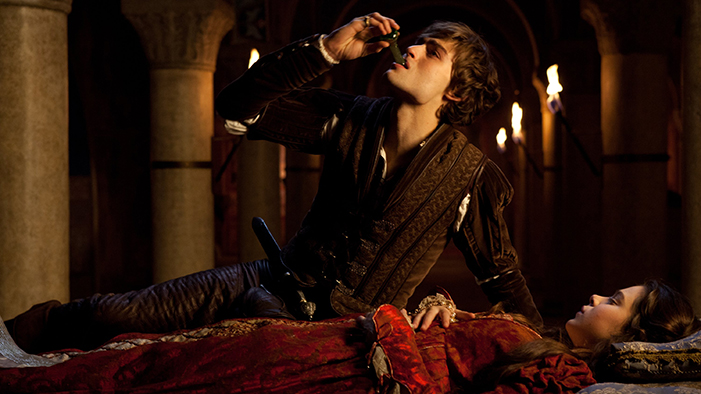
Jamie Vardy is a world class football (soccer) player. He holds the records for the most goals scored in the English Premier League for a player over 30 years old. He has won the Premier League in the greatest story in the history of team sport when Leicester were 5000/1 to win the league and did. He has played for England, he has won countless awards but today he had three opportunities he would normally put away in his sleep and he missed all three.
How is this possible? Well, with his team struggling at the moment and without him having scored, his confidence is low. The finishing may be instinctive, however, it still requires confidence. The story of when The Beatles (some British pop band) met Bob Dylan is two ‘people’ at the height of their fame and powers sitting awkwardly around each other until the poet Allen Ginsberg started passing round the marijuana. Why? Because they felt insecure.
So, if people at the heights of their powers feel insecure, then what is confidence?
Confidence can stem from two places, from without and from within. From within is the best place for within you know that you can do anything. You can score 100 goals in the Premier League, you can play music as Dylan did in 1966 to crowds who went there just to boo him for going electric, but, unfortunately, our perception of our abilities usually comes from without. We can do something and think it was great and receive a hostile or indifferent response. This, usually can be shrugged off, but if you are feeling a bit unsure of yourself, then these external factors can create internal doubt.
The answer to this is not to care (within reason) what others think, but this is more easily said than done. We primarily get our sense of self from without, yet those who get it primarily from within still require external validation to give one the feeling of worth, not only on an internal level but also in a wider level, i.e. in the universe.
This is unrealistic and unhealthy but, ultimately, it is our reality. However, through experience, through trial and error, we can find the external validation not from others but from the course of our experience. We learn we can do X, we learn we can survive Y, we can excel and become greater than we imagine. How is this done? I’m not entirely sure, but current circumstances I am facing will prove an excellent case study to look at in a few months.
I’ll leave you for this week with a quote from Bob Dylan
“As great as you are, man,
You’ll never be greater than yourself…”
“I told her; I don’t really care”
‘till next time


